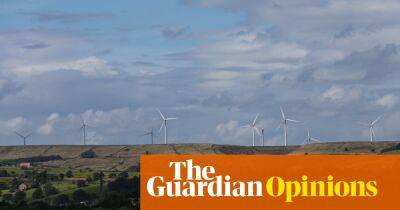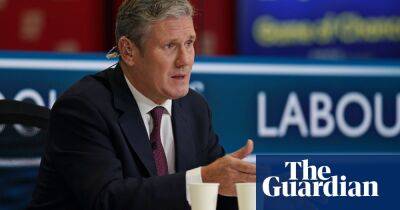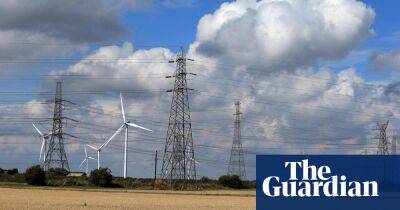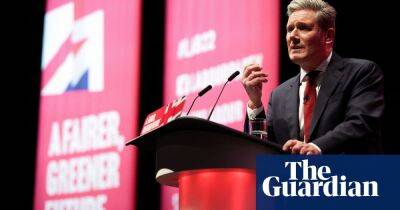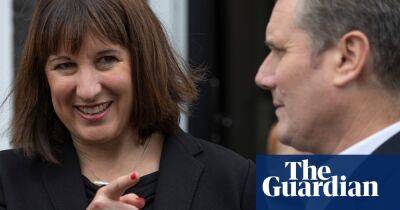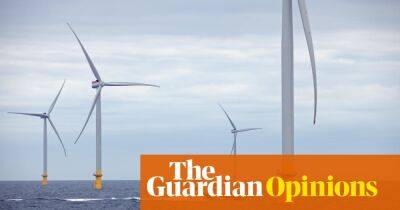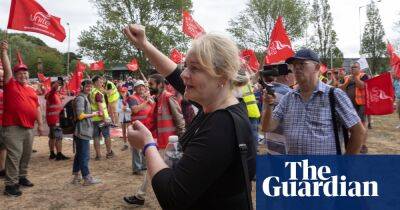Labour’s low-carbon plans look like sensible economic policy
A publicly owned energy company, insulation for every British home, carbon-free power by the end of the decade – the Labour conference showed Keir Starmer putting a low-carbon future firmly at the centre of his economic plans.
Crucially, however, these announcements were not just green in intent – they are mainly aimed at tackling the soaring cost of living, and at “levelling up” the UK’s regions. With the world in the grip of a gas crisis while renewable energy has tumbled in price, the real costs of fossil fuel addiction are increasingly clear, and a low-carbon energy system looks the economic choice.
The Labour leader’s proposals would create a new Great British Energy company to kickstart investment in renewable power generation by providing funds for new projects and helping to remove some of the existing barriers to wind and solar deployment. It would not involve nationalising any existing energy company, however, as some in the party have called for.
Labour’s plans also include:
A £60bn plan to insulate 19 million UK homes over the next decade, permanently saving about £1,000 per household on energy bills, set out by Ed Miliband.
A low-carbon electricity sector by 2030.
Boosting fledgling “green” hydrogen technology, through the national wealth fund set out by the shadow chancellor, Rachel Reeves.
Electric vehicle development, also through the national wealth fund.
Adopting green steel technology, to reduce carbon emissions and end reliance on fossil fuels.
Moves to decarbonise the UK’s heavy industry.
Plaudits came from both unions and business. Frances O’Grady, the general secretary of the TUC, called the new energy company “a big, bold move that will cut bills and secure our energy future. This new national energy
Read more on theguardian.com












